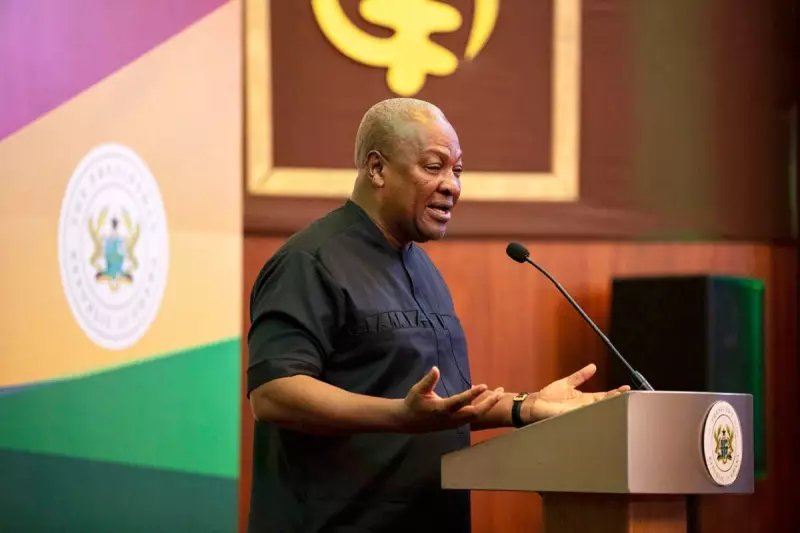
In a remarkable courtroom exchange that has sent shockwaves through political and legal circles, attorneys representing former President Donald Trump advanced an extraordinary legal theory during a US appeals court hearing on Tuesday.
The controversial argument centred on whether a sitting president could legally order the assassination of a political rival and escape criminal prosecution – provided they avoided impeachment by Congress first.
Courtroom Drama Unfolds
During tense proceedings at the US Court of Appeals for the District of Columbia Circuit, Judge Florence Pan posed a hypothetical scenario to Trump's legal team, probing the limits of their immunity defence.
"Could a president order SEAL Team Six to assassinate a political rival?" Judge Pan asked pointedly. "That is an official act: an order to SEAL Team Six."
In a response that drew audible gasps from observers, Trump's lawyer, D. John Sauer, conceded that such an action would qualify as an "official act" but maintained immunity would still apply unless Congress first impeached and convicted the president.
The Immunity Defence Tested
The hearing marked a critical test of Trump's broad immunity claim against federal charges alleging he conspired to overturn the 2020 election results. Special counsel Jack Smith's team vehemently opposed these immunity arguments, warning they would place presidents above the law.
Justice Department lawyer James Pearce condemned the defence's position as "terrifying," arguing it would create a breathtakingly dangerous precedent for future presidential conduct.
International Reaction and Fallout
The extraordinary claims have generated international headlines, with legal experts and political commentators expressing alarm at the potential implications for democratic norms and the rule of law.
As the three-judge panel considers its ruling, the case represents a pivotal moment in American jurisprudence, testing the boundaries of presidential power and accountability in ways unprecedented in US history.
The court's decision, expected in the coming weeks, could ultimately determine whether Trump stands trial before the November election or if his immunity defence prevails, potentially reshaping the American political landscape for generations.





